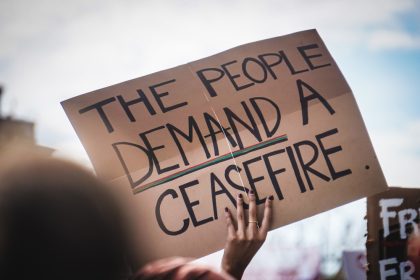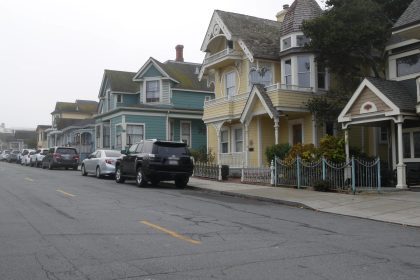As the conversation surrounding reparations for the descendants of slaves gains momentum across the United States, a significant development has emerged in Palm Springs, California. The city council has approved a groundbreaking $5.9 million settlement for Black and Latino families who lost their homes in the Section 14 neighborhood during the 1950s and 60s. This decision marks a pivotal moment in addressing historical injustices faced by these communities.
The background of Section 14
Section 14 was a vibrant community located on a Native American reservation in Palm Springs, where many Black and Latino families built their homes. Due to discriminatory housing policies in the early 1900s, these families were restricted from purchasing or renting properties in predominantly white neighborhoods. Despite these challenges, they created a thriving community filled with homes, businesses and places of worship.
However, in the 1950s, the city took drastic measures to dismantle this community. Utilizing city employees and private contractors, the city resorted to violent tactics, including the destruction of homes, reminiscent of the infamous Tulsa Massacre of 1921. This dark chapter in Palm Springs’ history left many families displaced and their properties obliterated.
The settlement agreement
On Nov. 14, the Palm Springs city council unanimously approved the settlement, which compensates families based on the current value of the properties they lost. In addition to financial restitution, the city has committed to investing in housing and business initiatives aimed at uplifting the underserved communities affected by the destruction of Section 14.
Moreover, the city council has designated a day of remembrance to honor the victims and survivors of this tragic event. This acknowledgment is a crucial step in recognizing the pain and loss experienced by these families.
Acknowledgment of responsibility
During the city council meeting, Councilmember Lisa Middleton emphasized the city’s responsibility to compensate individuals for the destruction of their properties. “We broke something that was yours, and now we need to pay for it,” she stated, highlighting the importance of accountability in the healing process.
Community response and future implications
The settlement has been met with a mix of relief and skepticism. Many community members recognize that while financial compensation is a step in the right direction, it cannot erase the trauma and loss experienced by those affected.
This settlement not only serves as a form of reparations for the families of Section 14 but also sets a precedent for other cities grappling with similar historical injustices. It underscores the importance of acknowledging past wrongs and taking tangible steps towards reparative justice.
The approval of the $5.9 million settlement in Palm Springs is a significant milestone in the ongoing conversation about reparations and restorative justice for marginalized communities. As discussions about reparations continue to unfold nationwide, the actions taken by Palm Springs may inspire other cities to confront their own histories and work towards healing and justice for affected families.
















